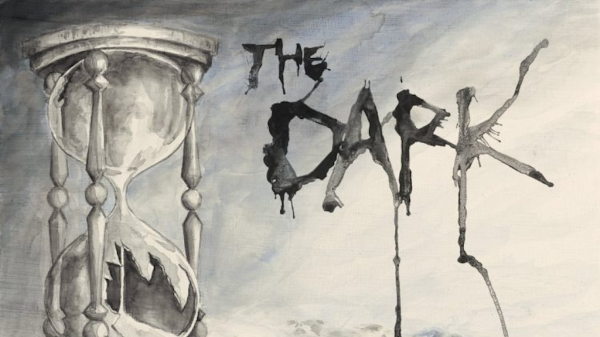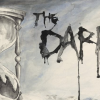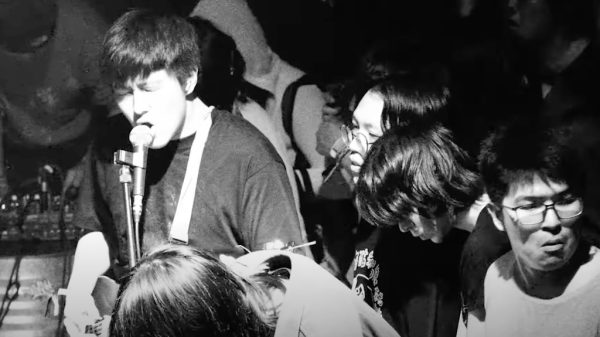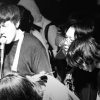A few days ago, I heard my first Chinese rock and roll song. The day before that, I didn’t even know China had rock music. Now, I’m writing an article about it because I think every single person in the world should know about it.
Chinese Rock and Roll
Rock and roll got to China very late. While America and England were already pretty much entirely submersed in rock and roll by the late 1950s, China didn’t get into rock and roll until nearly the mid-to-late 1980s. Cui Jian, “The Father of Chinese Rock,” is considered a pioneer in Chinese music and is also considered one of the first Chinese artists to ever write rock songs. He formed his first band, Qi He Ban (“Seven Player Band”), in 1984, which was heavily influenced by The Beatles, the Rolling Stones, and the Talking Heads. They performed their own music in local hotels and bars and released their first cassette, Vagabond’s Return, the same year. In 1985, the band released another album titled Cui Jian with Seven-Player band. The album featured a combination of Western pop rock as well as new originals. It also featured more prominent use of the electric guitar, which was seldom used in Chinese popular music. After this, Cui left the band.
In 1986, Cui shot to stardom when he performed “Nothing to My Name” on the 100-Singer Concert of Year of International Peace at Beijing Worker’s Stadium – in one of their posts, FaZiMusic.com refers to that moment “akin to The Beatles playing Ed Sullivan” for modern Chinese music. The next year, Cui left his permanent orchestra job, named his band ADO, and his first real rock album Rock and Roll on the New Long March was released in 1989. He also parodied Old Communist Party sayings and proverbs, such as setting the old revolutionary song “Nanniwan” to rock music in 1991. In 1988, Cui performed a concert broadcast worldwide in conjunction with the Seoul Summer Olympics.
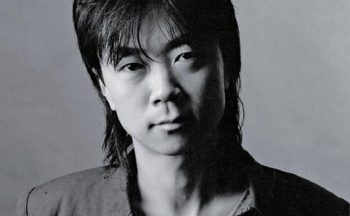
Cui Jian, The Father of Chinese Rock
Cui Jan reached the height of his popularity in 1989 with the Tienanmen Square protests when “Nothing to My Name” became an anthem for student protesters. Cui was known to frequently appear with the students at the square. A government crackdown led many Chinese rockstars to hide in other provinces of the country, but it didn’t last long and Cui returned. In 1990, he began his first tour entitled “New Long March.” Halfway through his tour, he became popular for wearing a red blindfold across his eyes before performing his well-known political anthem, “A Piece of Red Cloth”. The government cancelled the rest of his tour.
From the late 1990s to beyond, Cui was banned from playing in many places in and around Beijing, but played many sold-out concerts elsewhere in China, only facing occasional government intervention. Cui’s records have remained off-limits for broadcast on regular state-controlled radio and television stations.
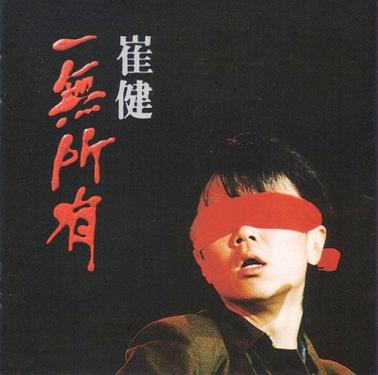
Cui Jian and his legendary red blindfold
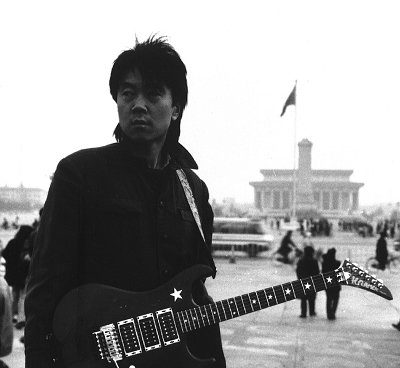
Cui Jian
Chinese Heavy Metal
China has a very big underground scene which has a pretty decent love for heavy metal. Two of China’s most notorious rock bands are heavy metal bands: Tang Dynasty, formed in 1988, are credited as being China’s first heavy metal band; and Black Panther, formed in 1987, recently reunited and released a new album in 2013.
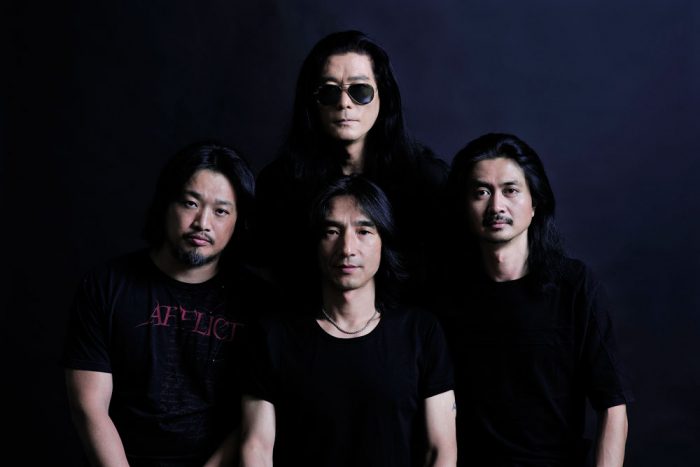
Tang Dynasty
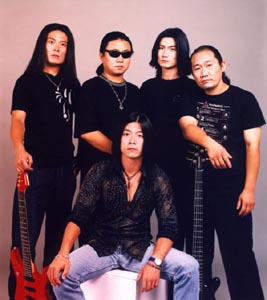
Black Panther
Suggested Listening:
- Cui Jian – Nothing to My Name
- Black Panther’s full album “Hei Bao/Black Panther”
- Tang Dynasty – 夢回唐朝 (my personal favorite!)
- Tang Dynasty – Pathway
- Tang Dynasty Live in Hong Kong 1994
- Top 10 Chinese Rock Songs in History
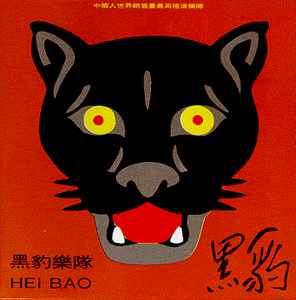
Hei Bao/Black Panther album cover
Further Reading:
Modernization and Music in Contemporary China: Crisis, Identity, and the Politics of Style
A History of Chinese Rock: Post-Punk, Post-Politics and Post-Putonghua
Sources:
Black Panther. (13 Aug 2016). In Wikipedia. Retrieved August 14, 2016, from
https://en.wikipedia.org/wiki/Black_Panther_(band)
Chinese Heavy Metal. (8 May 2016). In Wikipedia. Retrieved August 14, 2016, from
https://en.wikipedia.org/wiki/Chinese_heavy_metal
Chinese Rock. (26 July 2016). In Wikipedia. Retrieved August 14, 2016, from
https://en.wikipedia.org/wiki/Chinese_rock
Cui Jian. (11 July 2016). In Wikipedia. Retrieved August 14, 2016, from
https://en.wikipedia.org/wiki/Cui_Jian
Salveson, Kevin J. (n.d.). Rock and roll in China: More personal than political. Fa Zi’s Chinese Rock & Roll History.
Retrieved from http://www.fazimusic.com/directions-to-fa-zis/rock-in-china-more-personal-than-political/
Tang Dynasty. (23 April 2016). In Wikipedia. Retrieved August 14, 2016, from
https://en.wikipedia.org/wiki/Tang_Dynasty_(band)
If anyone has any knowledge of Chinese rock, I would be happy to hear it! Please comment below!











